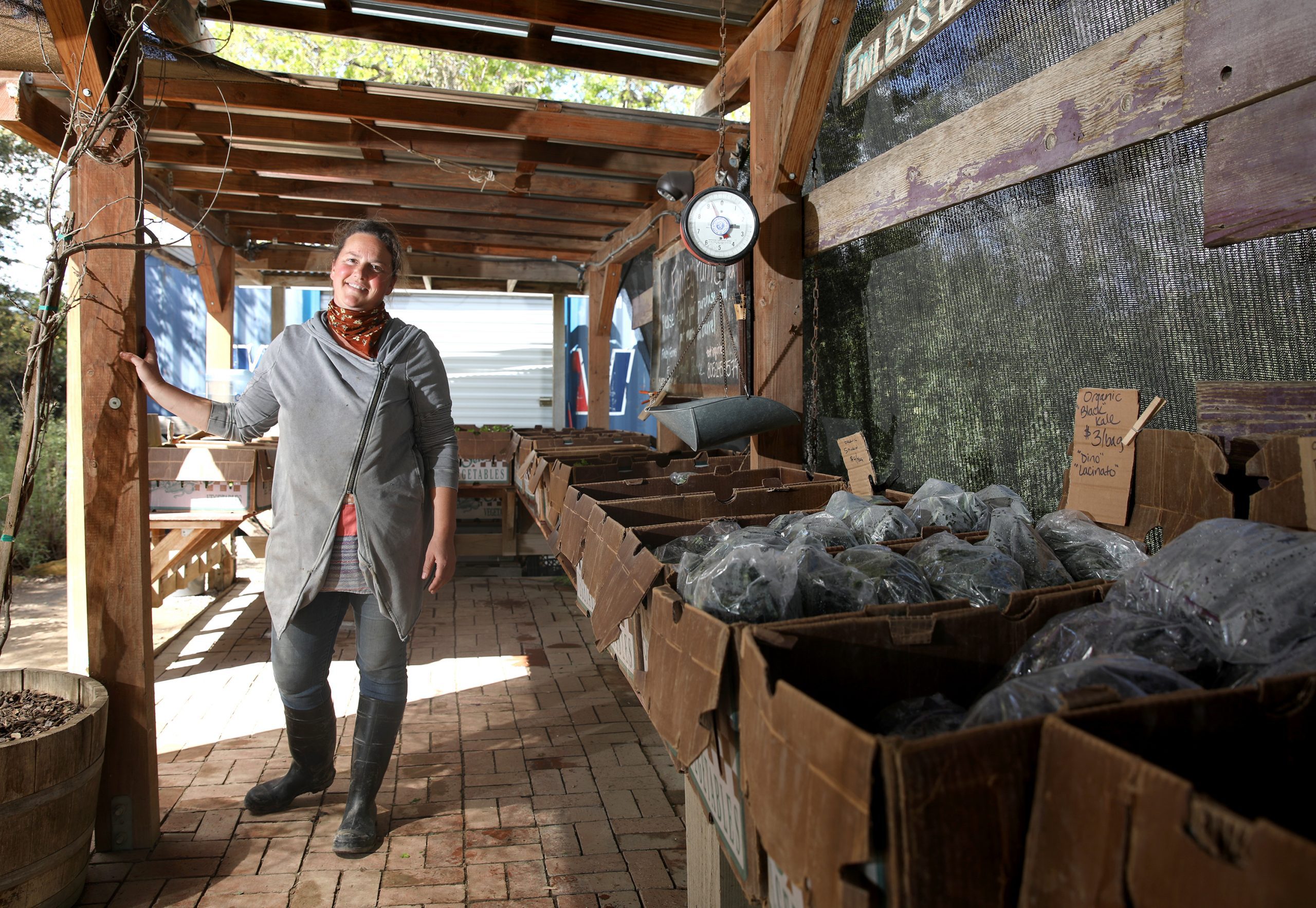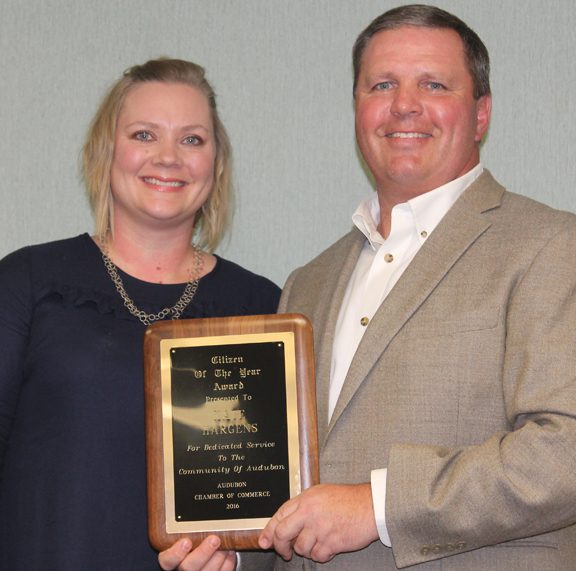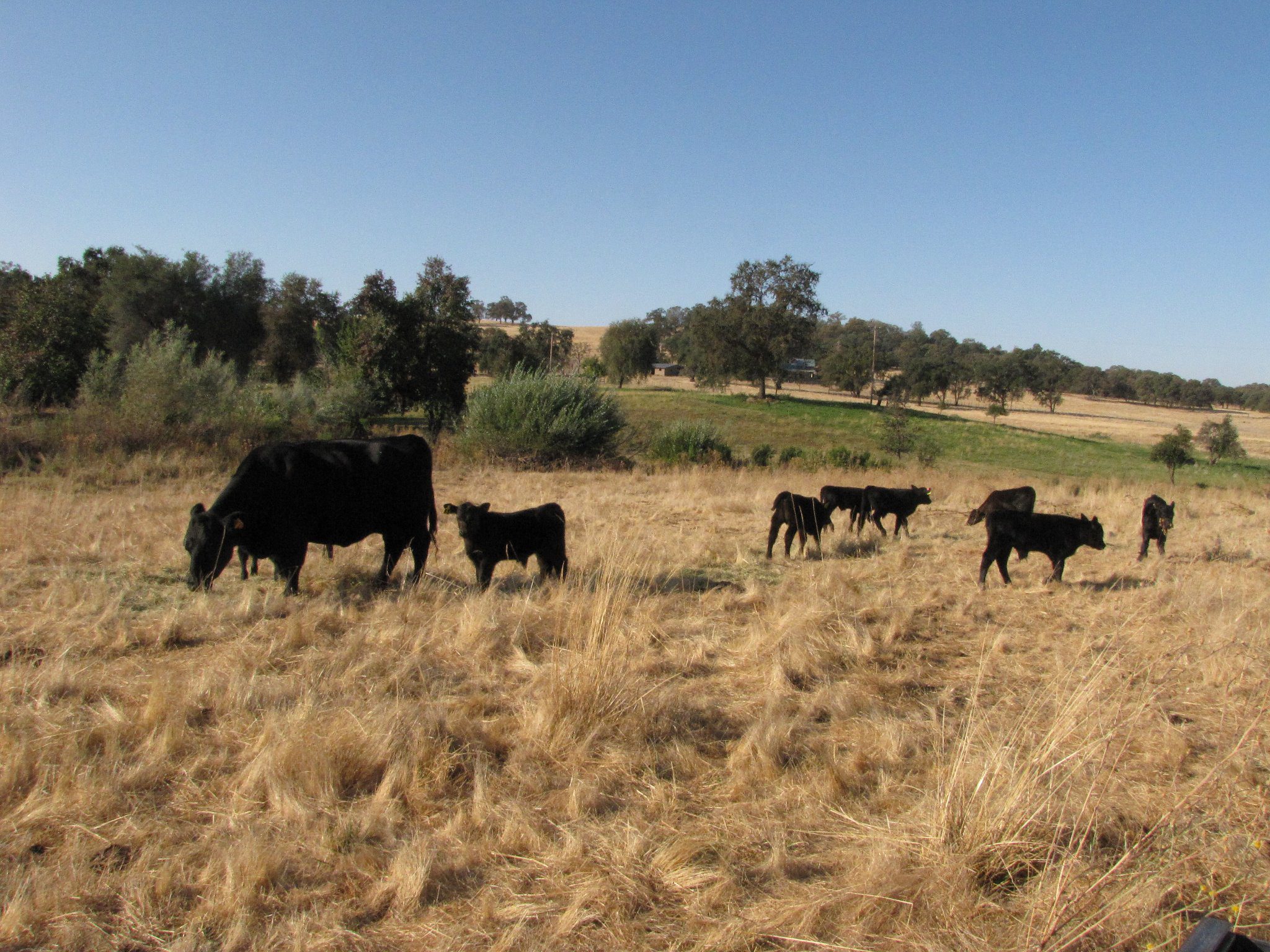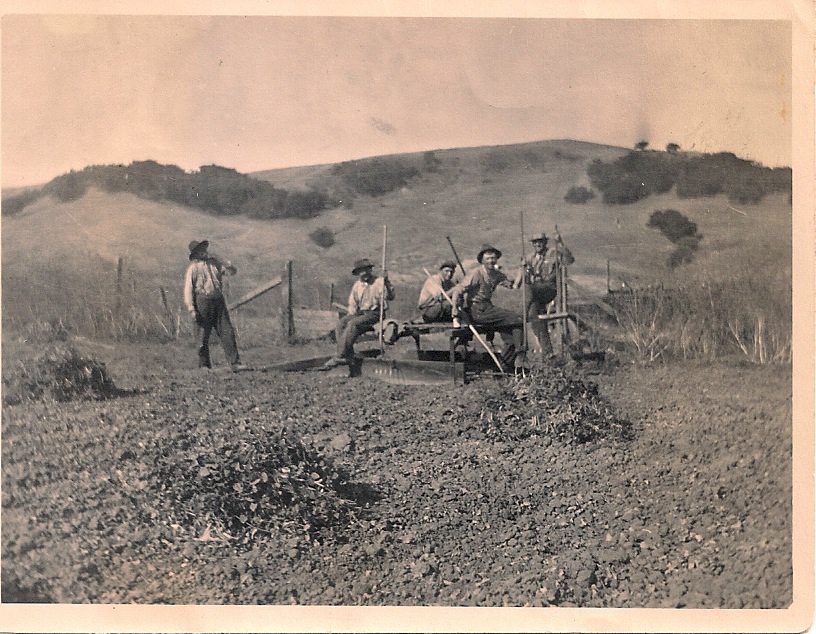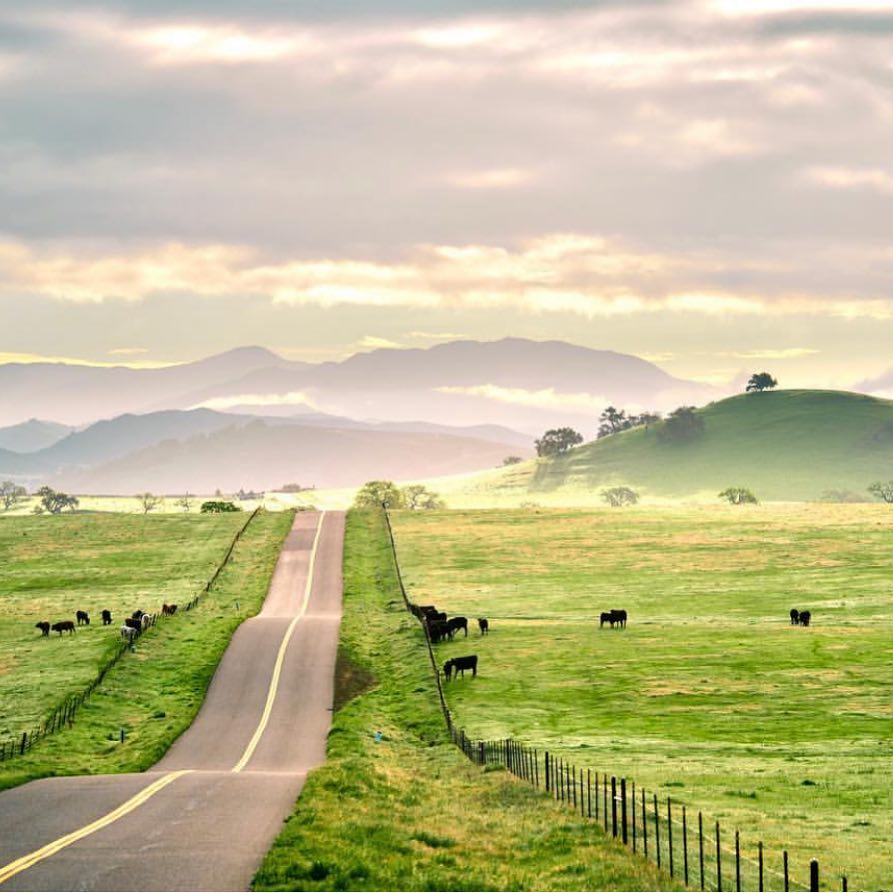By Raiza Giorgi
publisher@santaynezvalleystar.com
Among the list of essential services from first responders, doctors and nurses, there is another subset that is imperative to keep going, and that is our local farmers and ranchers.
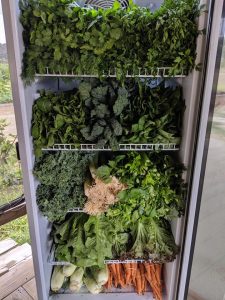
Fully stocked at Something Good Organics near Buellton.
Photo contributed
Farmers markets are scarce with people afraid to venture into public, which is a large source of revenue for a lot of farmers like Carolyn Givens of Something Good Organics on Santa Rosa Road just outside Buellton.
“Our outlet via farmers market which we rely heavily on has decreased dramatically,” Givens said.
However even with decreased farmers market sales, Givens said she is grateful as their farm stand, and Community Supported Agriculture (CSA) boxes and wholesale to grocery stores has increased.
“It’s been almost too much to manage, but we are so thankful,” she added.
Finley Farms in Santa Ynez has also said because of their diverse farm they are also staying afloat.
“While farmers markets and wholesale are scare, our farm stand is busier than usual as everyone is home and cooking more,” Johanna Finley said.
She suspects because their farm stand is open air and sold directly to the consumer, her customers feel a bit safer than entering a grocery store.
“We encourage hand washing and trying to do more Venmo as people then don’t have to handle cash. We notice that customers are being extremely respectful of one another and grateful for our produce. We are grateful for these customers,” Finley said.
Their spring produce from strawberries, peas and potatoes are nearly in season and they are looking forward to those items being available.
Some farmers like Ed Seaman at Santa Barbara Blueberries are looking ahead to modify their U-pick process as they are uncertain how long the social distancing and stay at home orders will last.
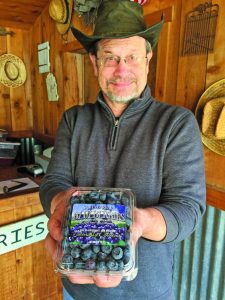
Santa Barbara Blueberries owner Ed Seaman said this rain season has dropped more than 25 inches on the farm south of Buellton, which will benefit his crops for several years.
“We are directly off the 101 and we rely heavily on tourism traffic,” Seaman said. “We also don’t know what tourism will look like in a month or two from now as people will be recovering from the economic impacts of being laid off or furloughed.”
His farm is only open for select weeks of the year because blueberries ripen for only so long, and then late season berries like raspberries and blackberries are more towards the end of summer.
“The year-round crop farmers I think will survive this just fine, but what about us seasonal crop farmers,” Seaman said.
He said there are ideas for a pick-up or drive-thru, where people can preorder online and then drive around the farm store and the sellers can hand over prepicked blueberries and other goods.
“We are also thinking of setting up social distancing picking areas and cordoning off six-foot sections,” Seaman said, laughing. “We have 18 acres so we can technically fit 7,360 people on the farm.”
Seaman said they have already practiced good sanitary behaviors from wiping buckets down after each use and they are going to put out more tables (with distance) and have more hand-washing stations available.
Seaman said they are applying for every program and grant they can think of during this time as well.
The Payment Protection Program is available to farmers and ranchers regardless of revenue, according to the American Farm Bureau Federation. The PPPL provides $349 billion in forgivable loans to small businesses to pay employees and keep them on the payroll. These loans are open to most businesses under 500 employees, including nonprofits, the self-employed, startups and cooperatives.
The PPPL will provide to eligible businesses loans of up to $10 million to cover 2.5 times the average monthly payroll costs, measured over the 12 months preceding the loan origination date, plus an additional 25 percent for non-payroll costs.
For more information visit https://www.fb.org/market-intel/update-ag-and-pppl.
“Empty shelves can be frightening, but empty fields and barns would be devastating,” said Zippy Duvall, president of the American Farm Bureau Federation.

